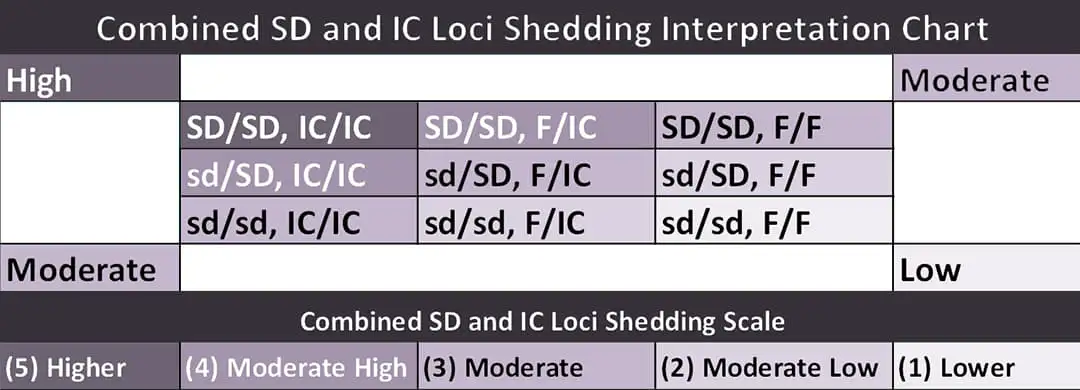Goldendoodles are one of the fastest-growing companion dog breeds in the world — and it’s easy to see
why. They combine the best traits of the
Poodle
and the
Golden Retriever
, creating a dog that’s intelligent, loyal, affectionate, and family-friendly.
Key Reasons Goldendoodles Are So Loved
1. Low-Shedding & Allergy-Friendly
Originally bred as hypoallergenic guide dogs, Goldendoodles are known for their
minimal shedding coats
. This makes them an excellent choice for allergy-sensitive families and for anyone who doesn’t want
to constantly clean up dog hair.
2. Different Sizes for Every Lifestyle
From Standard down to Mini, Micro, Toy, Teacup, and even Micro Teacup — Goldendoodles come in a wide
range of sizes. Families can choose the perfect fit without sacrificing the
breed’s lovable personality.
3. Highly Intelligent & Trainable
Goldendoodles inherit intelligence from both the Poodle and Golden Retriever, making them
quick learners
and eager-to-please companions. They excel in obedience, service work, therapy roles, and make
everyday training a joy.
4. Gentle, Patient, & Great with Kids
Goldendoodles are famous for their
gentle temperament
. They’re patient, tolerant, and fantastic with children, making them one of the safest and most
family-friendly breeds available.
5. Adaptable to Any Lifestyle
Whether you’re active and outdoorsy, more of a homebody, or a mix of both, Goldendoodles adapt
seamlessly. They’re equally happy hiking, playing fetch, or lounging on the couch.
6. Beautiful & Cuddly
With their signature curls, waves, and “teddy bear” looks, Goldendoodles are as adorable as they are
affectionate. They love to cuddle — not just with people but often with other
family pets, too.
The Goldendoodle Difference
At the heart of it all, Goldendoodles are popular because they
truly feel like family
. They combine intelligence, loyalty, and adaptability with low-shedding coats and irresistible charm.
Whether as a loyal companion, therapy dog, or playful family pet — the
Goldendoodle practically chooses itself.
